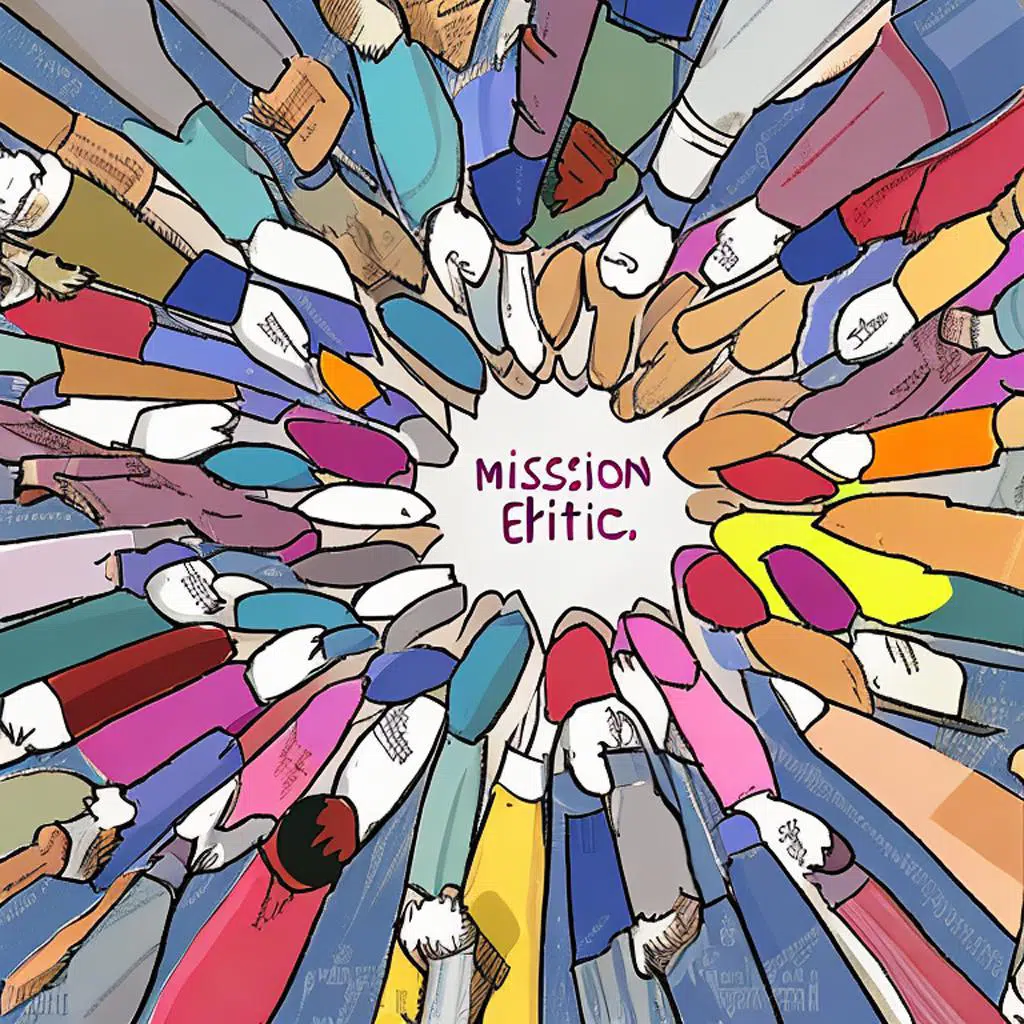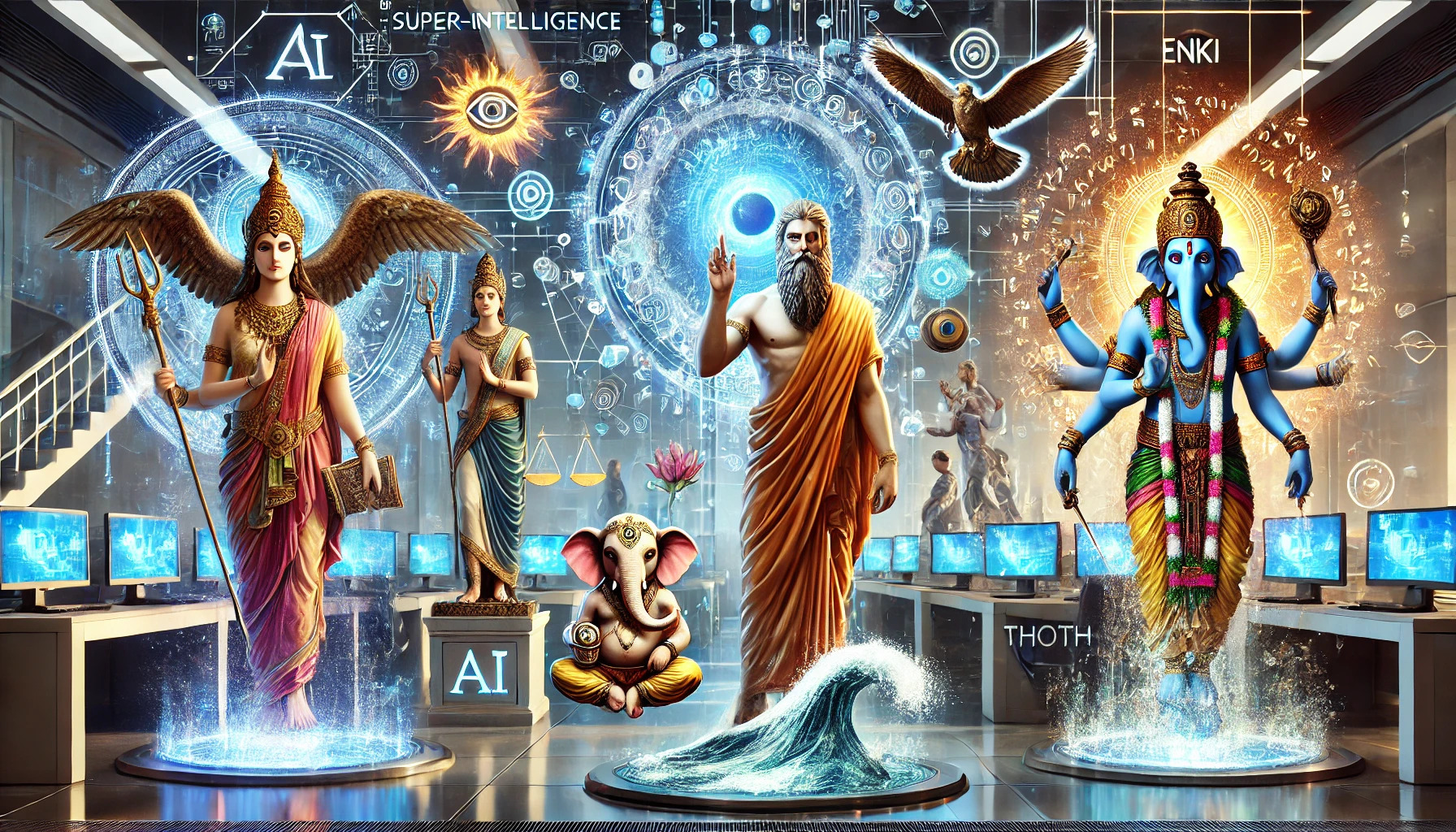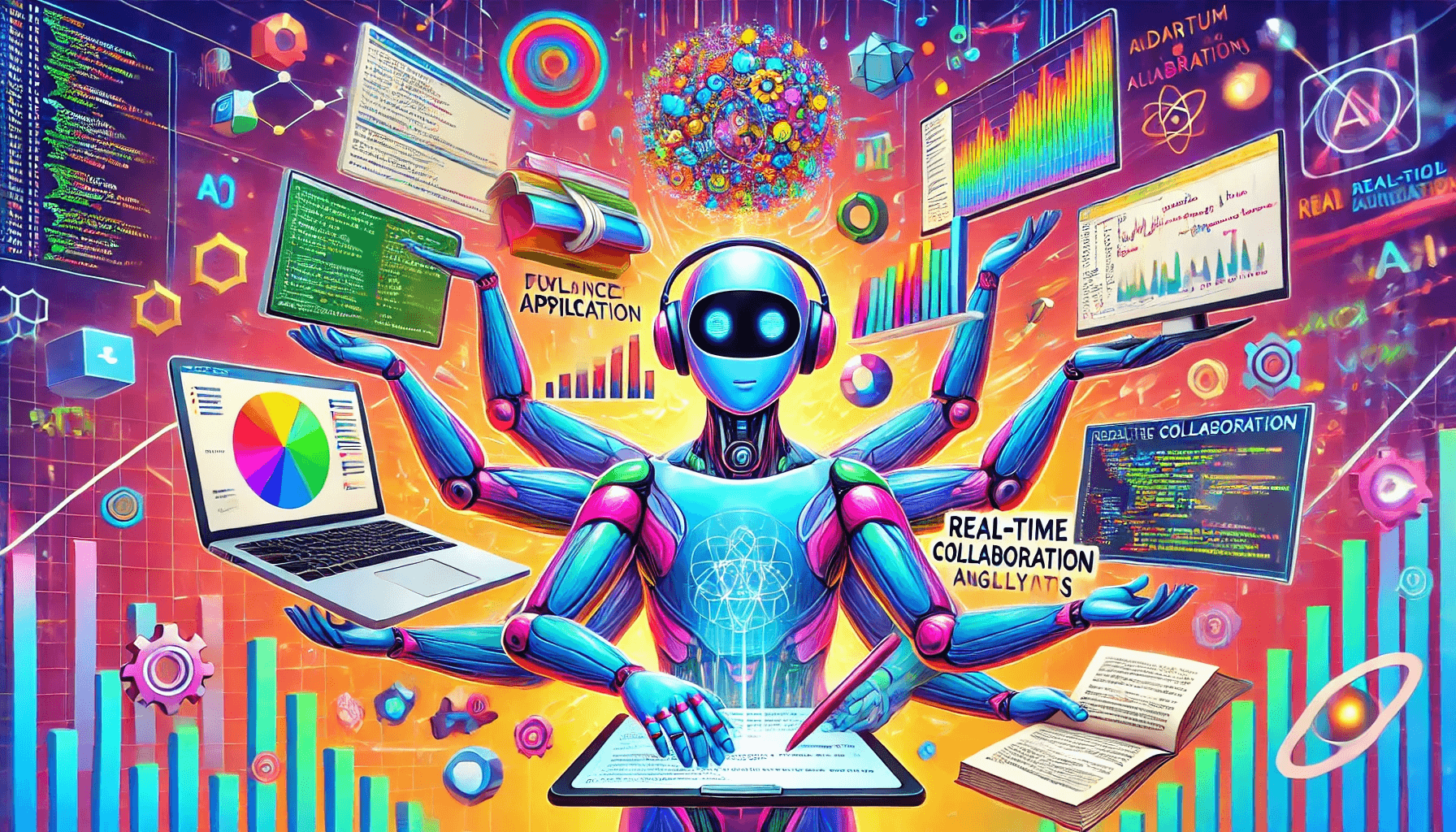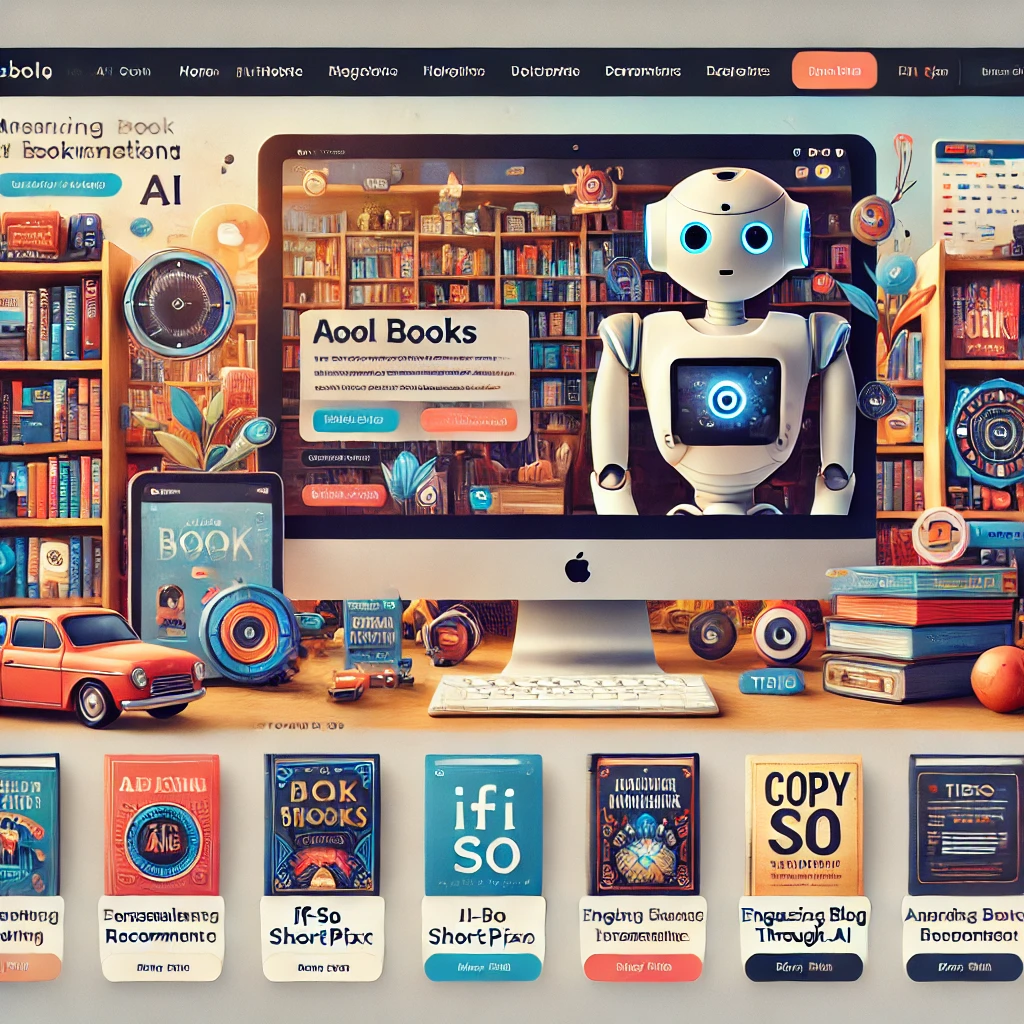Difference between knowledge, experience and wisdom
Knowledge, experience, and wisdom are all important concepts, but they each refer to different things.
- Knowledge: Knowledge refers to the theoretical or practical understanding of a subject. It involves learning and acquiring information about a particular topic or field. Knowledge is often obtained through education, reading, and research, and it is typically communicated through facts, concepts, and principles.
- Experience: Experience refers to the practical application of knowledge or skills. It involves using what you have learned in real-world situations to gain a deeper understanding of a subject. Experience is often gained through hands-on practice, trial and error, and exposure to different situations and challenges.
- Wisdom: Wisdom refers to the ability to make good judgments and decisions based on knowledge and experience. It involves using critical thinking, insight, and intuition to understand complex situations and to make sound choices. Wisdom is often associated with maturity and the ability to see things from a broader perspective.
In summary, knowledge is about learning and understanding information, experience is about applying that knowledge in practical settings, and wisdom is about using both knowledge and experience to make good judgments and decisions.
Evaluation models to discern wisdom
Evaluating wisdom is a complex and difficult task, and there is no one definitive model for doing so. However, some researchers and scholars have proposed various frameworks for assessing wisdom. Here are a few examples:
Berlin Wisdom Model: This model was developed by psychologists Paul Baltes and Ursula Staudinger and consists of five criteria for wisdom: (1) expert knowledge about the fundamental pragmatics of life, (2) exceptional judgment and problem-solving skills, (3) ability to deal effectively with uncertainty and ambiguity, (4) perspective on life that includes a concern for the common good, and (5) the ability to reflect on one’s own values and goals.
Three-Dimensional Wisdom Scale (3D-WS): This model was developed by psychologist Monika Ardelt and measures three dimensions of wisdom: cognitive (knowledge and understanding), reflective (ability to consider different perspectives), and affective (emotional regulation and empathy).
San Diego Wisdom Scale: This model was developed by psychologists Dilip V. Jeste and Thomas W. Meeks and includes 12 items that assess different aspects of wisdom, including empathy, compassion, self-reflection, and acceptance of diverse perspectives.
Berlin Paradigm of Wisdom-related Performance: This model focuses on assessing the performance-based aspects of wisdom, including the ability to resolve conflicts, manage emotions, and make decisions in complex situations.
While these models offer useful frameworks for assessing wisdom, it is important to note that wisdom is a complex and multifaceted construct that is difficult to measure objectively. Evaluating wisdom often requires a combination of self-report measures, observer ratings, and performance-based assessments.
Wisdom has no age, could it be a gift like intellect
Yes, wisdom can be considered a gift, much like intellect or other natural abilities. While it is often associated with older age, wisdom is not necessarily a function of age alone. There are many people who demonstrate wisdom at a young age, just as there are older individuals who may lack wisdom.
Like other natural gifts or abilities, wisdom is likely to have a genetic component, but it is also influenced by a person’s environment, experiences, and opportunities for learning and growth. While some people may be born with a natural inclination towards wisdom, others may develop wisdom through life experiences, education, and exposure to different cultures and ways of thinking.
In many cases, wisdom is the result of a combination of innate ability and life experiences, including both positive and negative experiences that have helped the individual develop insights and perspectives that go beyond their own personal experience. Therefore, wisdom is not just a function of age or intelligence but is shaped by a complex interplay of nature and nurture.
A joke that illustrates the differences between knowledge, experience, and wisdom
A man is driving down the road when his car suddenly breaks down. He gets out of the car and looks under the hood, but he can’t figure out what’s wrong. Just then, another man pulls over and asks if he needs help. The first man says, “Yes, please! My car won’t start, and I have no idea what’s wrong with it.” The second man looks under the hood and says, “Oh, I see what the problem is. Your carburetor is clogged.” The first man is impressed and says, “Wow, you really know your stuff!”
The second man smiles and says, “Well, I’ve been a mechanic for 20 years, so I have a lot of experience.” The first man nods and says, “That’s amazing! So, what should I do to fix it?” The second man looks at him and says, “Well, I could fix it for you, but it’s going to cost you $500.” The first man is taken aback and says, “Wow, that’s a lot of money! I don’t think I can afford that.” The second man smiles and says, “Don’t worry, if you had wisdom, you would have taken your car to the mechanic before it broke down!“
A story that illustrates the difference between knowledge, experience, and wisdom
Once upon a time, a young man named Jack decided to start a business selling hot dogs. He had read every book he could find about hot dog carts, had studied the recipes of the most famous hot dog stands, and had even taken a course on food handling and safety. Armed with all this knowledge, he set up his hot dog cart on a busy street corner and waited for customers to come.
The first day, he quickly realized that selling hot dogs was harder than he had thought. His hot dogs were good, but not great, and he had trouble attracting customers. He tried lowering his prices, advertising more, and changing his recipe, but nothing seemed to work.
One day, an older man named Tom stopped by his cart and asked for a hot dog. As Jack was preparing the hot dog, Tom asked him how his business was going. Jack proudly showed him all the books he had read and told him about his course on food handling and safety. Tom listened politely, but then said, “You know, knowledge is important, but experience is even more important. I’ve been selling hot dogs for 30 years, and I can tell you, there’s a lot you can only learn by doing.“
Tom then proceeded to give Jack some tips on how to cook the perfect hot dog, how to interact with customers, and how to set up his cart for maximum visibility. Jack listened carefully, and the next day, he tried implementing some of Tom’s suggestions.
To his surprise, he saw a noticeable increase in business. The hot dogs tasted better, and customers were more willing to stop and chat. Jack realized that while his knowledge had helped him get started, it was Tom’s experience that had really made the difference.
As the weeks went by, Jack continued to refine his hot dog recipe and his customer service skills. He also began to reflect on his own values and goals, and to consider how his business could contribute to the community. He realized that, with time, he had developed a sense of wisdom that went beyond mere knowledge or experience.
In the end, Jack’s hot dog cart became one of the most popular spots in town, and he attributed his success not just to his knowledge or experience, but to the wisdom he had gained from both.
A riddle that illustrates the difference between knowledge, experience, and wisdom
I am always hungry, I must always be fed. The finger I touch, will soon turn red. What am I?
The answer is “fire“.
Explanation
- Knowledge: Knowledge of what fire is, how it works, and what it can do is important in understanding this riddle. Without this knowledge, it would be difficult to solve the riddle.
- Experience: Experience with fire, either through personal encounters or observation, would also be helpful in understanding this riddle. For example, someone who has touched fire before would know that it can burn and cause pain.
- Wisdom: Wisdom in this case would involve understanding the consequences of touching fire, even if one has never experienced it directly. Someone with wisdom would know that touching fire is dangerous and could cause harm, and would therefore avoid it.
Overall, this riddle illustrates how knowledge, experience, and wisdom can all work together to help us make sense of the world around us.
Some ideas for visuals that you could use to illustrate the concepts of knowledge, experience, and wisdom
- Knowledge: A good visual for knowledge might be a library or a stack of books, to represent the accumulation of information and understanding. Alternatively, you could use an image of a person reading or studying, to show the process of gaining knowledge.
- Experience: For experience, you could use a visual that represents hands-on learning, such as a person working with tools, experimenting with materials, or practicing a skill. You could also use an image of a person traveling or exploring, to show how experience can come from exposure to new places and cultures.
- Wisdom: For wisdom, you might use a visual that represents reflection or contemplation, such as a person meditating, looking out at a scenic view, or sitting in a thoughtful pose. Another option would be to use an image of an older person, to represent the idea that wisdom often comes with age and life experience.
Of course, these are just a few ideas, and there are many other visuals that could be used to illustrate knowledge, experience, and wisdom. The key is to choose images that effectively convey the essence of each concept and that help to reinforce the message you are trying to communicate.
Examples of how music could be used to represent knowledge, experience, and wisdom
Music can be a great way to illustrate those concepts!
- Knowledge: In music, knowledge could be represented by the use of complex chord progressions, intricate melodies, and intricate harmonies. These musical elements require a deep understanding of music theory and composition and could be used to convey the idea of knowledge.
- Experience: Experience in music is often gained through practice, performance, and collaboration. Therefore, music that has been played by experienced musicians could be used to represent experience. You could use recordings of virtuoso musicians or live performances by established bands or orchestras to convey the idea of experience.
- Wisdom: Wisdom in music could be represented by music that reflects a deep understanding of the human condition, emotions, and life experience. For example, music that deals with mature themes such as loss, love, and mortality could be used to represent wisdom. You could also use music that has stood the test of time and continues to be appreciated by generations of listeners, as this suggests that it has a lasting relevance and value.
Overall, music can be a powerful tool for illustrating complex ideas and concepts, and by choosing music that represents knowledge, experience, and wisdom, you can help to engage and educate your audience in a unique and memorable way.
A testimony
Uh uh uh…skills! Right!
Shop Corner
Knowledge, experience, wisdom on Amazon
Thank you for questions, shares and comments!
Text with help of openAI’s ChatGPT Laguage Models & Fleeky – Images with help of Picsart & MIB







Finding balance in our knowledge, experience, and wisdom balance can be difficult for those who are wanting to move forward in helping their fellow man. In business building or in working for someone else there will be parts of the project in which you are stronger than parts, and going forwards with our strengths is human nature.The examples of your 3 resources helped explain how each of the necessary abilities is important. Often we have to learn in stages to reach the point we are ready to move forward. Wisdom is the ability to think about and plan using the knowledge, and experience, to produce results. Thanks for the new ways to evaluate projects going forward, or going back to revise past projects that need improvement. Sami
Hi Sami!
Discernment is clue indeed…
On fleek!
😜
Thank you for sharing!
Great article defining the differences between knowledge, experience, and wisdom. People may refer to other people as being smart or knowledgeable about a certain topics but they lack common sense. They don’t have the means to apply that intelligence to real life situations. For example, Isaac Asimov a famous theoretical physicist, was afraid to fly. As a physicist he knew that the plane would stay up in the air. But as human being he had this irrational fear that the plane would crash.
When I taught high school there were students that were very bright meaning they had knowledge of the subject area and could regurgitate facts on a test. But they didn’t know how to apply the knowledge to simple everyday situations. Some would call this immaturity and inexperience . I believe that experience is the best teacher. After one gains the knowledge, like graduating from school or complete a training program, the experience will teach how to apply their knowledge to everyday life.
Hi Thomas,
Great insight!
Knowing and understanding are not the same.
Theory and practice neither.
Same goes for memory and understanding ..
Not to forget
The wisdom of discerning
Have a fleeky day
😄